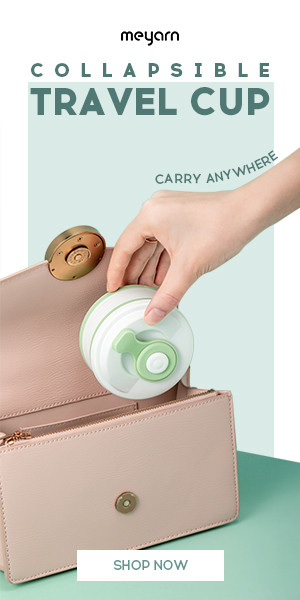How Nursing Stereotypes are Affecting Hospitals
Most of us who went out for
Halloween this year saw at least one “sexy nurse.”
And we’re so over it.
 |
|
/image:workvocabulary.com/
|
After years of being considered a
non-essential job for people little qualified for anything else (oh, wait,
that’s still a stereotype), nurses are finally being recognized as a vital and
legitimate presence in any medical establishment. This is partly due to the media’s attention
paid to the worldwide nursing shortage.
But we don’t know which is sadder: that there’s a nurse shortage, or
that there’s only a shortage because of the discriminatory nature of the
medical field.
Truth be told, the number of
students wanting and learning to become nurses is extraordinarily high—but
there are few capable nurses around to teach them the ropes. Many have quit, partially due to the same
conditions that drive the nurse stereotypes.
A
woman in a male-dominant field
The medical field continues to be
male-dominant. According to ABC, male
doctors (who still outnumber female doctors) make $12,000 more annually than
their female counterparts. The
Huffington Post also ran a fascinating article about how each gender tends to
face burnout:
- Women experience emotional exhaustion, cynicism, and, in the final stage, doubt in the quality of their performance as burnout begins to affect their patients’ lives.
- Men experience cynicism, emotional exhaustion (in that order), and finally, an even deeper cynicism that keeps them going despite their patent failures, fueled by denial and the false sense that they are still a “good doctor.”
Imagine the
nurses supporting such a cynical, defiantly in denial physician. Hospitals save money and so they cut jobs,
often those of nurses, letting such cynical doctors to stretch remaining nurses
thin despite shrinking paychecks. This
is why many nurses have quit the workforce, leaving few to teach younger
applicants how to do their job.
Why nurses are essential, male or female
Nurses don’t just give food and
water to patients while growing fat in their scrubs. Neither do they leap into bed with hunky
doctors or injured football players at every chance. Not all male nurses are non-heterosexual,
effeminate, or doctor-dropouts. Yet
these are the stereotypes.
Male or female, straight or not,
nurses develop plans of care for patients, often working in sync with
physicians and acting as go-betweens.
When nurses or doctors are stretched thin, details begin to fall through
the cracks. Patients are imperiled. Livelihoods are terminated.
To be fair, there is also the male
doctor stereotype—the hunky one patients fall for, the creepy one who hits on
the nurses. Maybe a competitive,
sharp-tongued, eagle-eyed female doctor who must fight for authority in a
male-dominated work environment. But are
any of these leading to a shortage of essential members of staff that causes
lives to be endangered?
Heather Green is a mom,
freelance writer, pet lover and the resident blogger for
OnlineNursingDegrees.org, a free informational website offering tips and advice
about online nursing programs in texas.





















